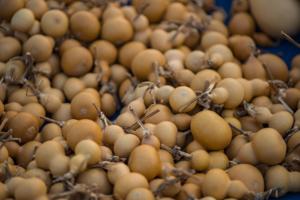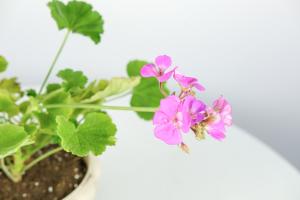Introduction
Planting fruit bearing trees is an activity that can benefit individuals, communities, and the environment. In addition to providing fresh and delicious produce, these trees offer numerous benefits that can positively impact our lives.
Improved Nutrition
Fruit bearing trees provide us with fresh and nutritious produce. Many fruits are packed with vitamins, minerals, and antioxidants that are essential for good health. Eating a diet that includes a variety of fruits can help prevent chronic diseases such as heart disease, diabetes, and cancer. Planting fruit trees in our communities can help increase access to fresh produce and improve the nutrition of individuals and families.
Environmental Benefits
Fruit bearing trees also offer numerous environmental benefits. Trees absorb carbon dioxide, a greenhouse gas that contributes to climate change, and produce oxygen. They can also help reduce soil erosion, improve soil quality, and provide habitats for wildlife. By planting fruit bearing trees, we can help mitigate the impacts of climate change and protect our natural ecosystems.
Financial Benefits
Planting fruit bearing trees can also provide financial benefits. By growing our own food, we can save money on grocery bills and reduce our dependence on industrial agriculture. For communities, fruit trees can provide a valuable source of income through the sale of fresh produce or value-added products such as jams, jellies, and preserves. Additionally, properties with fruit trees often have increased value compared to those without.
Community Building
Planting fruit bearing trees can also help build community. Trees can be planted in public spaces such as parks, schoolyards, and community gardens, providing a space for people to gather and enjoy the outdoors. In addition, the act of planting and caring for trees can bring people together, creating a sense of shared purpose and community pride.
Fostering Local Food Systems
Finally, planting fruit bearing trees can help foster local food systems. By growing our own food, we can reduce our reliance on imported produce and support local farmers. Additionally, fruit trees can play a role in food security, providing a reliable source of fresh produce for communities. By planting and supporting fruit bearing trees, we can help build resilient and sustainable local food systems.
Conclusion
Planting fruit bearing trees offers numerous benefits for individuals, communities, and the environment. From improved nutrition to environmental sustainability, these trees offer a range of positive impacts on our lives. By planting and caring for fruit trees in our communities, we can work towards a healthier, more sustainable future.

 how many times do yo...
how many times do yo... how many planted tre...
how many planted tre... how many pine trees ...
how many pine trees ... how many pecan trees...
how many pecan trees... how many plants comp...
how many plants comp... how many plants can ...
how many plants can ... how many plants and ...
how many plants and ... how many pepper plan...
how many pepper plan...
































